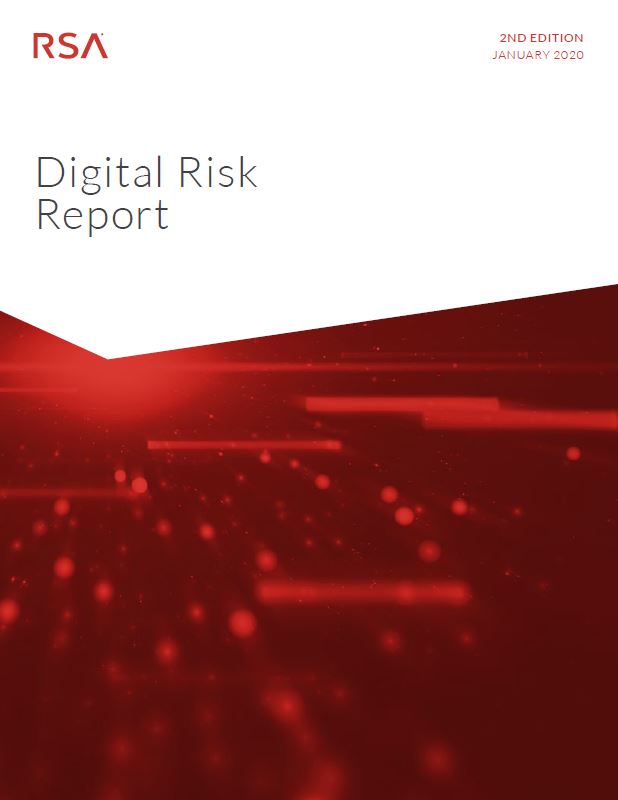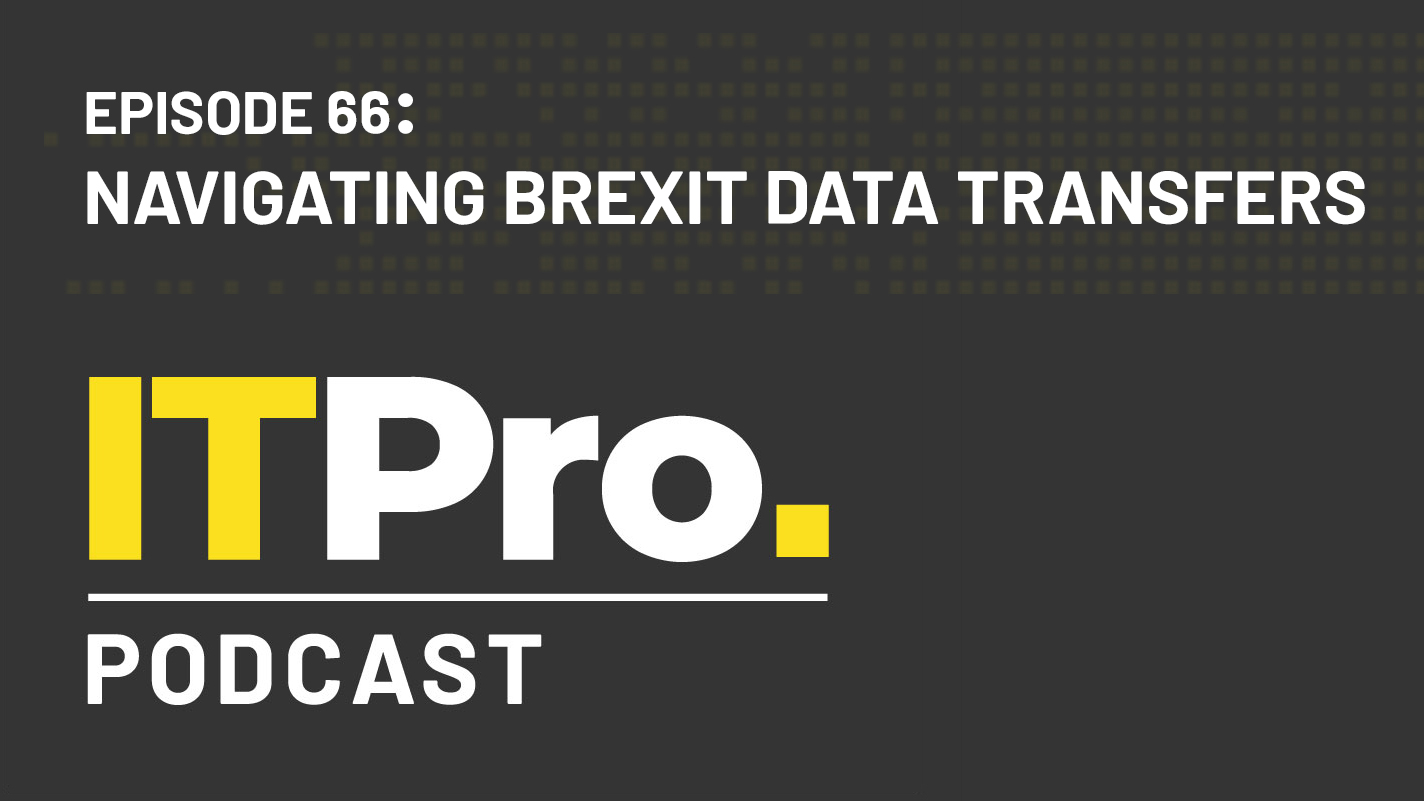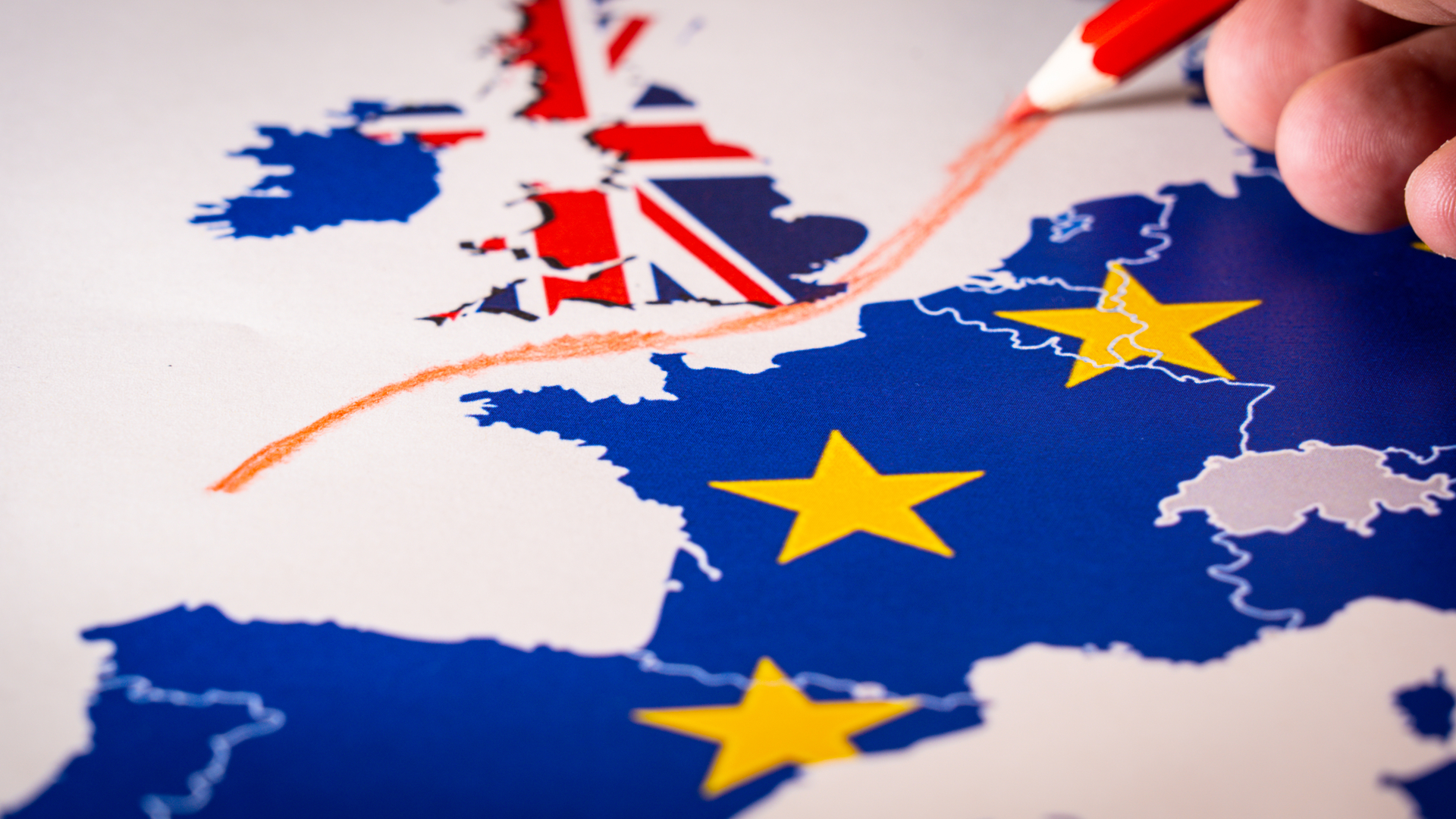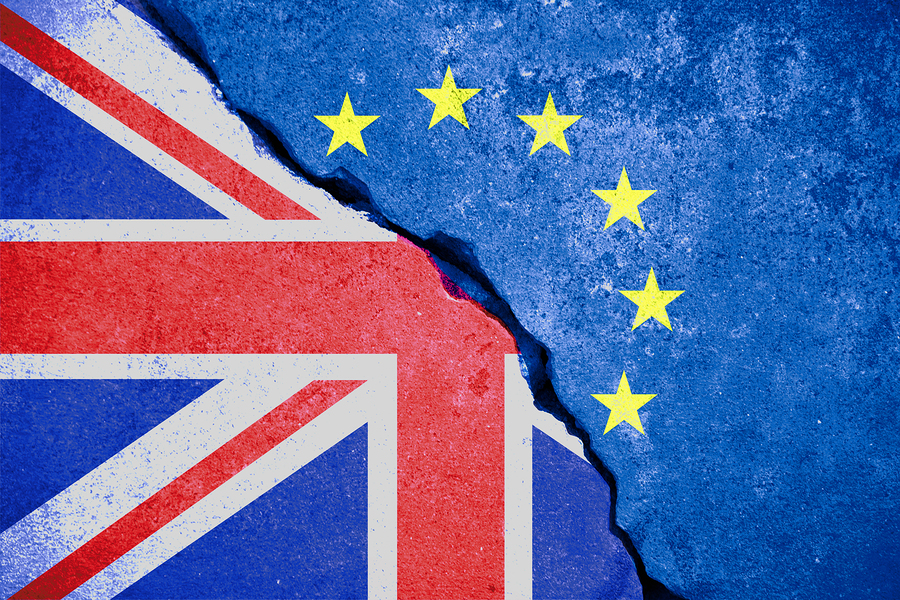Google to shift UK user data to the US post-Brexit
The decision is driven by fears the UK may step out-of-sync with the EU's data protection laws


Google plans to migrate UK user accounts from Ireland to the US following Britain’s withdrawal from the EU.
The sensitive data of tens of millions of users could be shifted away from Ireland, where it currently resides, according to Reuters. That's believed to be amid concerns from Google that the UK will loosen its data protection laws and fail to agree on a data-sharing agreement with EU, potentially making it difficult to transfer data between Ireland and the UK.
The migration will involve asking UK users to agree to new terms of service, which includes consent to holding their data under the new jurisdiction.
The move could mean UK authorities are better able to recover data for criminal investigations, thanks to the CLOUD Act that has made cross-border data transfers much easier. However, it raises concerns as the US has much weaker data protection laws than across the EU. While the Californian Consumer Privacy Act (CCPA), outlines some protections, there is no national federal data protection law with sufficient provisions akin to GDPR or the UK's Data Protection Act 2018.
According to the firm’s former global privacy technology lead, Lea Kissner, Google fears that the UK water will water down its data protection laws enough that it fails to reach an adequacy agreement with the EU. Without that agreement, data sharing will become more complex, and potentially require company by company contracts.
"There’s a bunch of noise about the UK government possibly trading away enough data protection to lose adequacy under GDPR, at which point having them in Google Ireland’s scope sounds super-messy,” Kissner told Reuters. "Never discount the desire of tech companies not be caught in between two different governments."
Legal director with UK law firm TLT, Ed Hayes, told IT Pro that it's no surprise Google is looking at ways to move UK user data away from the EU, given that GDPR limits the ways companies can monetise data. "Google’s plans seem to assume the UK will water down its data protection standards once the Brexit transition ends," he said. "But that would contradict UK Regulations passed in 2019 to incorporate GDPR into UK law after transition, and government statements to date about continuing GDPR compliance.
Sign up today and you will receive a free copy of our Future Focus 2025 report - the leading guidance on AI, cybersecurity and other IT challenges as per 700+ senior executives
"It could be that Google is betting the UK’s need for a quick US trade deal will see those commitments dropped, and is seeking to boost its bottom line by moving UK users’ personal data under US law," he adds. "However, if Google gets that wrong, and simply changes the location of UK users’ personal data while GDPR-equivalent laws still apply, it’s unlikely to achieve the goal of taking itself outside GDPR – GDPR’s reach is controlled by user location not just by data storage location."
RELATED RESOURCE

Digital Risk Report 2020
A global view into the impact of digital transformation on risk and security management
The question of data flow post-Brexit has been the source of much confusion for businesses. During the current transition period, which will expire January 2021, the Information Commissioner’s Office (ICO) has made assurances that data flow between the UK and the EU will continue as normal.
The terms of the UK’s future relationship with the EU will determine whether critical business information can continue to flow seamlessly. The suggestions that a future trade agreement between the UK and the US could weaken data protection laws are partially reinforced by leaked documents released last year. According to preliminary trade discussions, the US is currently lobbying for an agreement to ease international data transfers underlined by a set of common standards, but not to the extent that domestic laws are harmonised.

Keumars Afifi-Sabet is a writer and editor that specialises in public sector, cyber security, and cloud computing. He first joined ITPro as a staff writer in April 2018 and eventually became its Features Editor. Although a regular contributor to other tech sites in the past, these days you will find Keumars on LiveScience, where he runs its Technology section.
-
 UK devising EU-alternative mechanism for global data sharing
UK devising EU-alternative mechanism for global data sharingNews The mechanism will replace the soon-to-be invalid EU standard contractual clauses
-
 The IT Pro Podcast: Navigating Brexit data transfers
The IT Pro Podcast: Navigating Brexit data transfersIT Pro Podcast The transition period is over – what happens now?
-
 The EU calls for cyber security pact with post-Brexit UK
The EU calls for cyber security pact with post-Brexit UKNews Debates need to focus on a cooperative data protection plan, according to Brexit negotiator
-
 GDPR and Brexit: How will one affect the other?
GDPR and Brexit: How will one affect the other?In-depth What leaving the EU means for UK data laws and other regulations
-
 UKIP appeals against the ICO's demand for election data details
UKIP appeals against the ICO's demand for election data detailsNews Watchdog wants to establish how parties used people's data in the EU referendum campaign
-
 UK cops to lose access to Europol's cyber crime resources after Brexit
UK cops to lose access to Europol's cyber crime resources after BrexitNews Cyber cops will be on their own once Britain leaves the EU
-
 UK draws up fresh data protection measures for Brexit
UK draws up fresh data protection measures for BrexitNews A new Data Protection Bill will enshrine GDPR principles into UK law
-
 Cyber skills gap: Cybersecurity skills gap leaves one in four organisations exposed
Cyber skills gap: Cybersecurity skills gap leaves one in four organisations exposedNews New report highlights cybersecurity departments are lacking a number of skills

